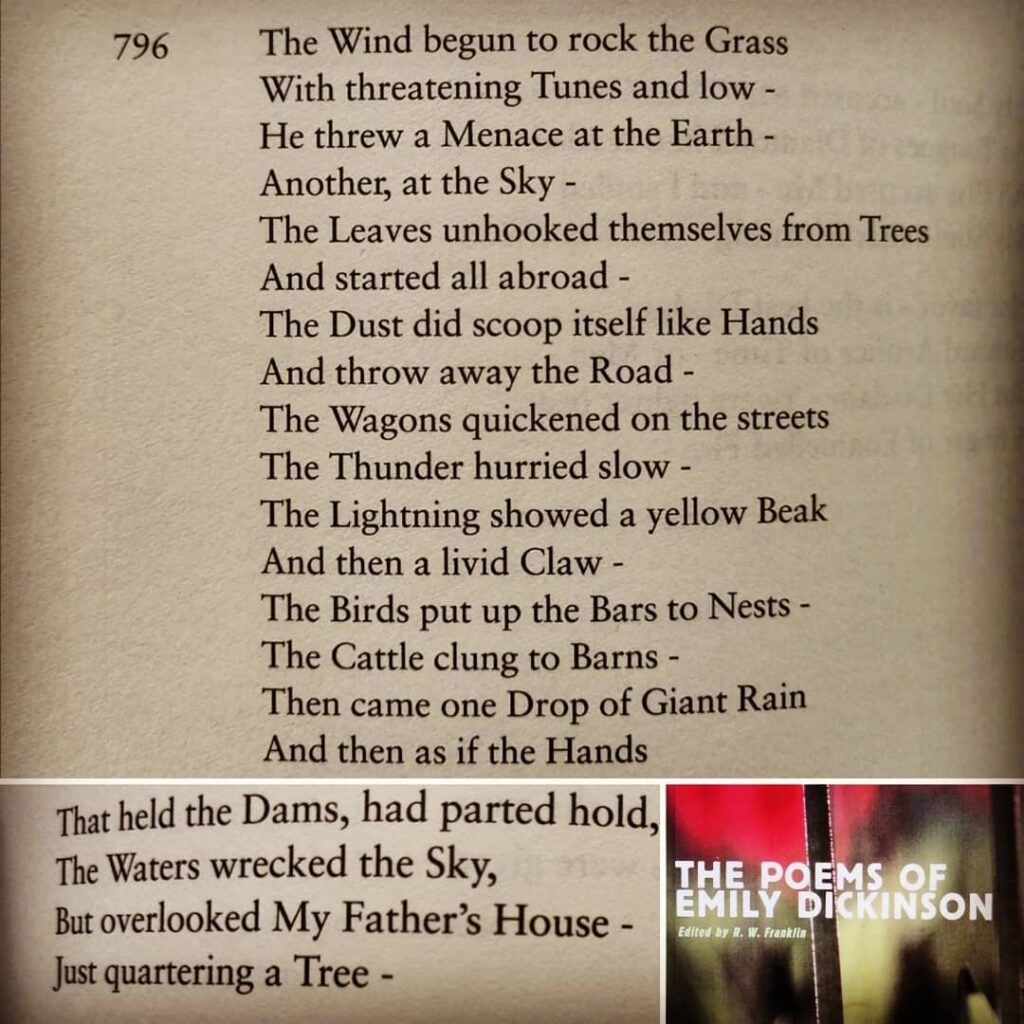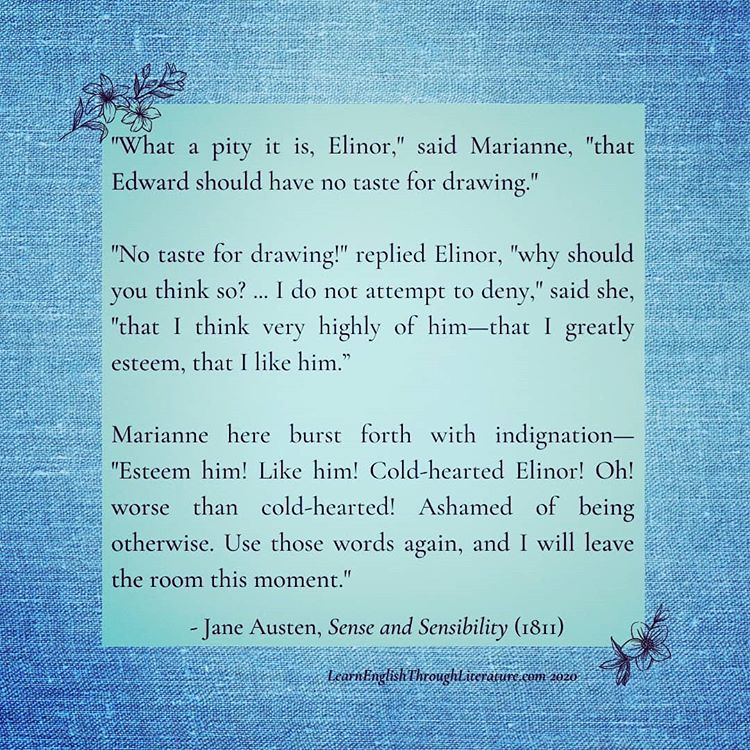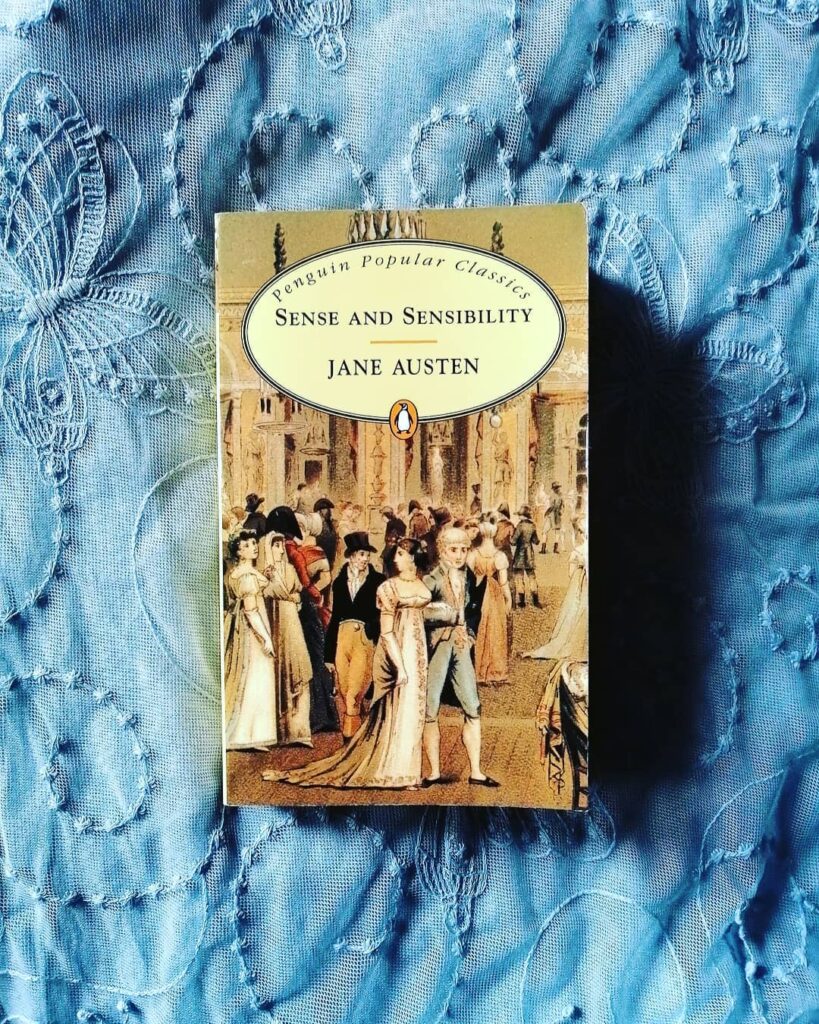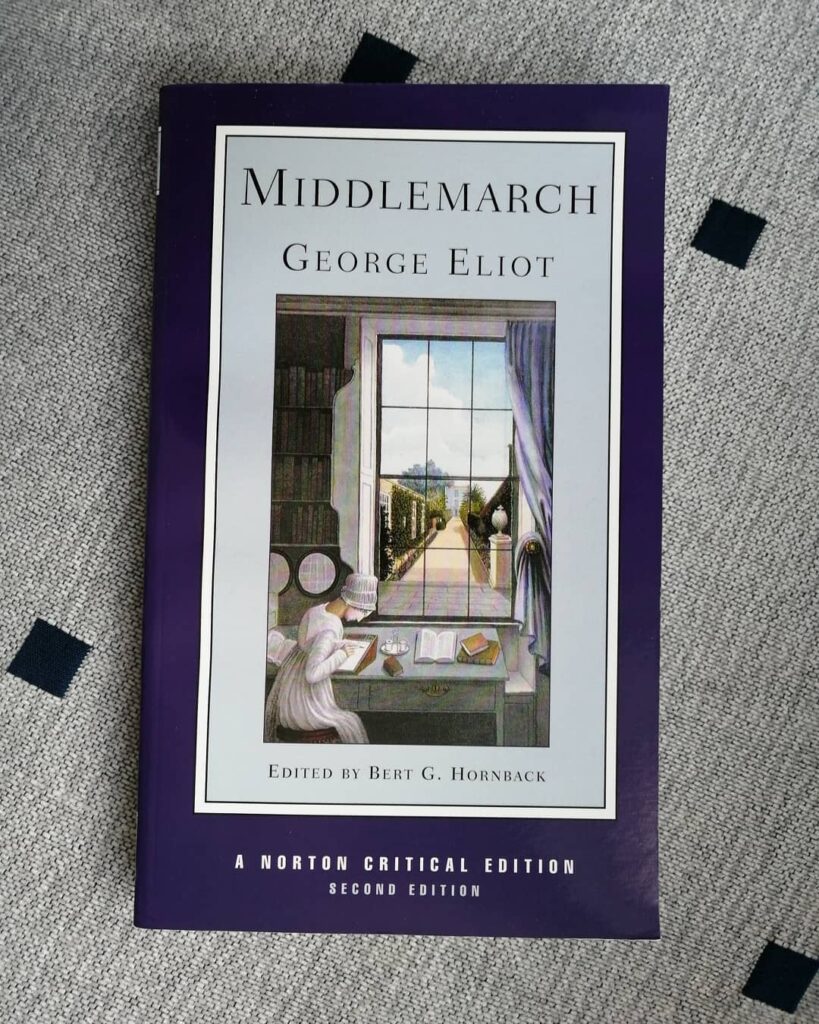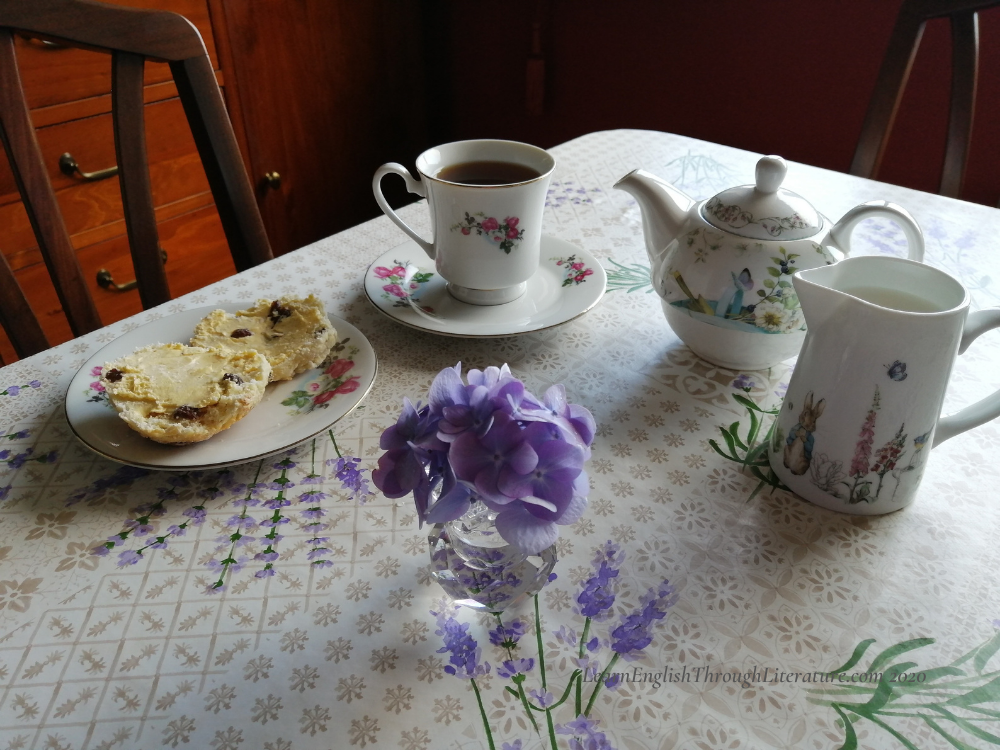Lesson #125: How Reading Rhythmically Can Improve Your English Intonation
As I sit at my desk, I can see how windy, even stormy, the weather is outside. Sometimes, the sun breaks through the clouds for a while, but it doesn’t last long! This changeable windy weather is very common here in Ireland during the autumn months, but it is one of the reasons that I […]
Lesson #125: How Reading Rhythmically Can Improve Your English Intonation Read More »

